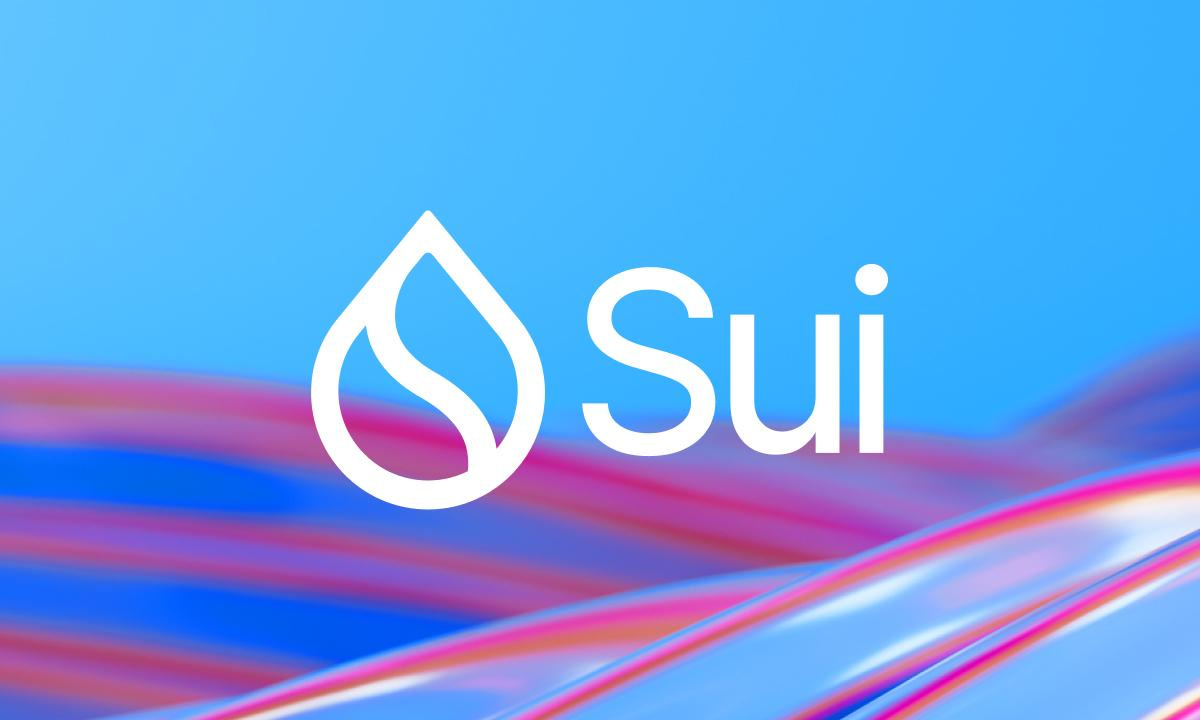FATF includes DeFi in guidelines for crypto service providers
Decentralized finance (DeFi) continues to attract more interest from regulators and is becoming part of the most important international rules for providers of virtual asset services or VASP.
On October 28, the Financial Action Task Force (FATF) released a new update of its guidance for 2019 on a risk-based approach to virtual assets and VASPs, with a special focus on the DeFi industry.
The new guidance addresses issues identified during the FATF’s 12-month review of the revised FATF standards for virtual assets and VASP that require further clarification and which also reflect input from the public consultation in March and April 2021 .
The agency has provided significant additional guidance in relation to the DeFi industry, although DeFi applications are not VASPs for the purposes of the FATF standard, as the standard “does not apply to the underlying software or technology”. However, the updated guide states that DeFi developers and maintainers can actually be considered VASPs:
“Creators, owners and moderators, or any other person who maintains control or sufficient influence over DeFi agreements, even if those agreements appear decentralized, may fall under the FATF through VASP if they provide or actively enable VASP services. “
According to Pelle Brændgaard, CEO of the crypto compliance startup Notabene, the new guidance aims to define VASPs in the DeFi ecosystem based on the earnings of its participants. “If a company takes transaction fees or revenue directly from a protocol it controls, it is likely to be classified as a VASP. Brændgaard told Cointelegraph.
In addition to providing significant additional guidance on DeFi, the new FATF guidance also addresses unusable tokens, stating that NFTs are excluded from the FATF definition of virtual assets, but “are referred to as this type of financial asset by the FATF standards “.
“Given the rapidly evolving VA room, the functional approach in the context of NFTs and other similar digital assets is particularly relevant. Therefore, countries should consider applying FATF standards to NFTs on a case-by-case basis, ”the document says.
Related: Bitfinex cryptocurrency exchange tests new AML compliance tool
The update also calls for increased urgency for global regulators to implement the Travel Rule introduced in 2019, an anti-money laundering and terrorist financing ordinance for financial institutions established by the FATF “In order to reduce the money laundering risks associated with cryptocurrency transfers in the meantime, it says in the document.
“With this updated guide, the FATF is increasing the urgency, but also recognizing the real problems that VASP and the travel rule service providers have highlighted over the past year. They now recommend that regulators remain flexible during the initial rollout, ”said Brændgaard.
Follow the Youtube Channel | Subscribe to telegram channel | Follow the Facebook page


















